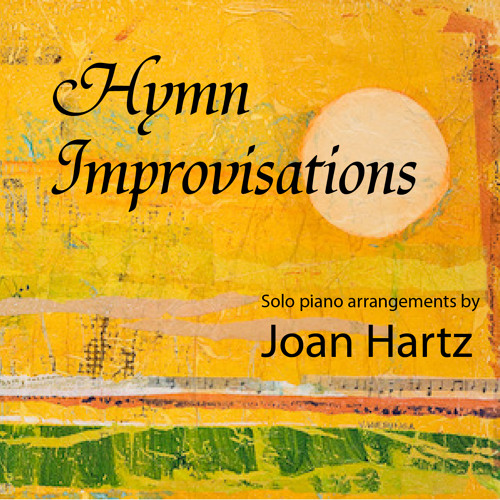
Jyoti Sahi, “Near to the Broken and Crushed,” 1984. Woodcut published in “The Holy Waters: Indian Psalm-Meditations,” Martin Kaempchen & Jyoti Sahi, ATC, Bangalore 1984.
“The Lord is nigh unto them that are of a broken heart, and saveth such as be of a contrite spirit. Many are the afflictions of the righteous: but the Lord delivereth him out of them all.”
—Psalm 34:18-19
“Make me to hear joy and gladness; [that] the bones [which] thou hast broken may rejoice.”
—Psalm 51:8
The nearness of God, and eventual deliverance from the chains of suffering: these are the promises that we can cling to when we’re grieving.
I myself have not known real suffering, but I am close to people who have. Right now my extended family and I are grieving the death of a cousin, son, brother, nephew, grandson. He was twenty-one years old. In situations like these, I feel as if I never have the right words. How do you comfort someone who is experiencing something so devastatingly tragic? Most Christians tend to quote Scripture (alas, I’ve done so here; it’s a reflex), but I’ve found that that’s usually not helpful, at least not in direct interactions, as it can sound too canned and unsympathetic. Suffering Christians already know these truths, they just don’t feel them presently. They know that God is near, but they can’t sense his presence, and they know that their suffering is finite, but its end is nowhere in sight. I’m not denying the power of the Spirit, through the Word, to comfort, but I do wonder whether a more helpful response to those who are hurting would be to simply say something like, “I’m terribly sorry. I love you, and I’m here for you.” And then to trust and to pray that the same God who revives us from our sin will revive the victim from his or her grief.
Derek Flood wrote on this topic a few weeks ago, in an article titled “Suffering, Tragedy and Doubt: 5 Mistakes Christians Make.” He admonishes us to not try to explain or justify people’s tragedies (“Maybe this is God’s way of…,” “there’s a higher purpose that you can’t see now…”); “suffering is not good,” Flood says, “love is,” so don’t try to make it into something it’s not, just affirm alongside the victim that it’s not good, and give him or her room to cry out “No!”—a perfectly legitimate response to tragedy, and one with a long biblical tradition, from Job to David to Christ to Paul. Flood also asserts that faith is not certainty, and that the church needs to honor honest questions and allow for faith expression of this darker shade.
I offer up this open prayer for my family: that they find space to be real, to question and object, and to grow through this tragedy. I pray that God will restore their brokenness and give them joy again.


amen. Your family is in our prayers also. L. Com+passion, G. sym+pathy, OE. to suffer together with: weeping with those who weep and joying with those who joy, that is Love, and the only thing that one can do when one sees a loved one suffer. Wonder full post. Thank you.